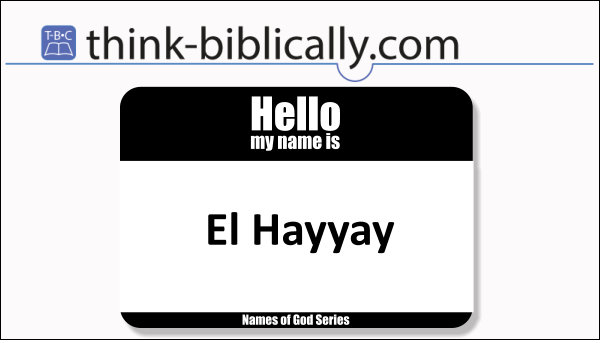By Tyson Thorne

My good friend Leonard Cook (whom I am co-writing a book on Jonah with) once said, "As you read the stories of the Bible, if you don't recognize God as the hero you've missed the point." I thought then that he was on to something and it occurred to me that the same could be said about the events of life. Everyone experiences hard times and tragedy that bends but does not break us; God sees us through it. Likewise, we all have victories and moments of pure joy also because of God's grace and mercy. This is something the ancient Israelites understood. This truth was ingrained in their thinking and it led them to wonderful acts of poetry. They expressed themselves in psalms, in this case specifically psalms of lament or psalms of praise.
The question has been raised if psalms of lament demonstrate a lack of faith. In answering the question one has to recognize that lament psalms come in two flavors, community and individual psalms of lament. If one reveals a lack of faith then so does the other. It has been suggested (1) that in good times and bad the people of Israel had to address their God. Rather than a lack of faith, they believed their God was big enough to handle their emotions, their troubles, the deepest and darkest places they experienced. They were honest with God, and that is anything but faithless.
Most of these laments end with some kind of hope that God will hear their prayer and come to their rescue, which seems odd when the rest of the psalm is filled with such despair. Examining the events behind a lament is instructive. In 1 Samuel chapter one we read the story of Hannah, who is emotionally sick from not having any children. She goes to the temple regularly to pray, pouring out her distress to the Lord so frequently and so passionately that she is mistaken for a drunkard. After explaining herself to the priest, she is given a validation that her prayers have been heard, and her lamenting turned to joy.
This may explain the turn of emotion at the end of lament psalms, from despair to praise. After telling God of the dire circumstances, the deeply felt pain, the despair and languishing darkness the follower of God receives confirmation that their prayers have been heard. An important fact, God's response is never instant. God rarely shows up as quickly as we like. We are allowed to suffer, sometimes greatly, for any number of reasons. Even so, one truth is certain: God will not forsake those who seek him and when he comes to our rescue he brings his love and healing with him.
Psalm 42 is an individual psalm of Lament by the decedents of Korah. This psalm not only exemplifies the lament style, but it teaches us a new name for God as well. Start reading it and it will be instantly familiar to you, at least the first verse or two will. Many of don't know that this psalm, despite part of it being turned into a praise song, is full of despair. Even as the author is stressing to the point of being unable to eat or sleep, he tells us, "By day the Lord decrees his loyal love, and by night he gives me a song, a prayer to El Hayyay."
We're all familiar with the term "love of my life", well the name El Hayyay means "God of my life." No matter what life might bring our way, God is present and loves you always. He never permits hardship and then walks away to do something more important. He permits hardship only to stay with us and help us find our way through it. When we surrender to God's love we connect with him in a very important way. That way reveals to us more about God and his plans for our life. We better understand our calling and, as we step out in obedience to follow that calling, our relationship with the God of our life flourishes. Psalm 42 may contain the authors despair, but it also provides us one of the most beautiful and organic names of God, El Hayyay.
Every lament psalm has a message behind it filled with application for the modern reader. Applications like being broken is often the path to righteousness. That throwing ourselves on God's mercy is more healthy than self-esteem. That for many, having a right relationship with God is more powerful than a good psychologist. That it is okay to tell God everything we're feeling. All messages the modern follower ought to hear. The lament psalms are many things, but a demonstration of failing faith isn't one of them.
- Claus Westermann, The Psalms: Structure, Message and Content, Augsburg Publishing House, Minneapolis, 1980.
